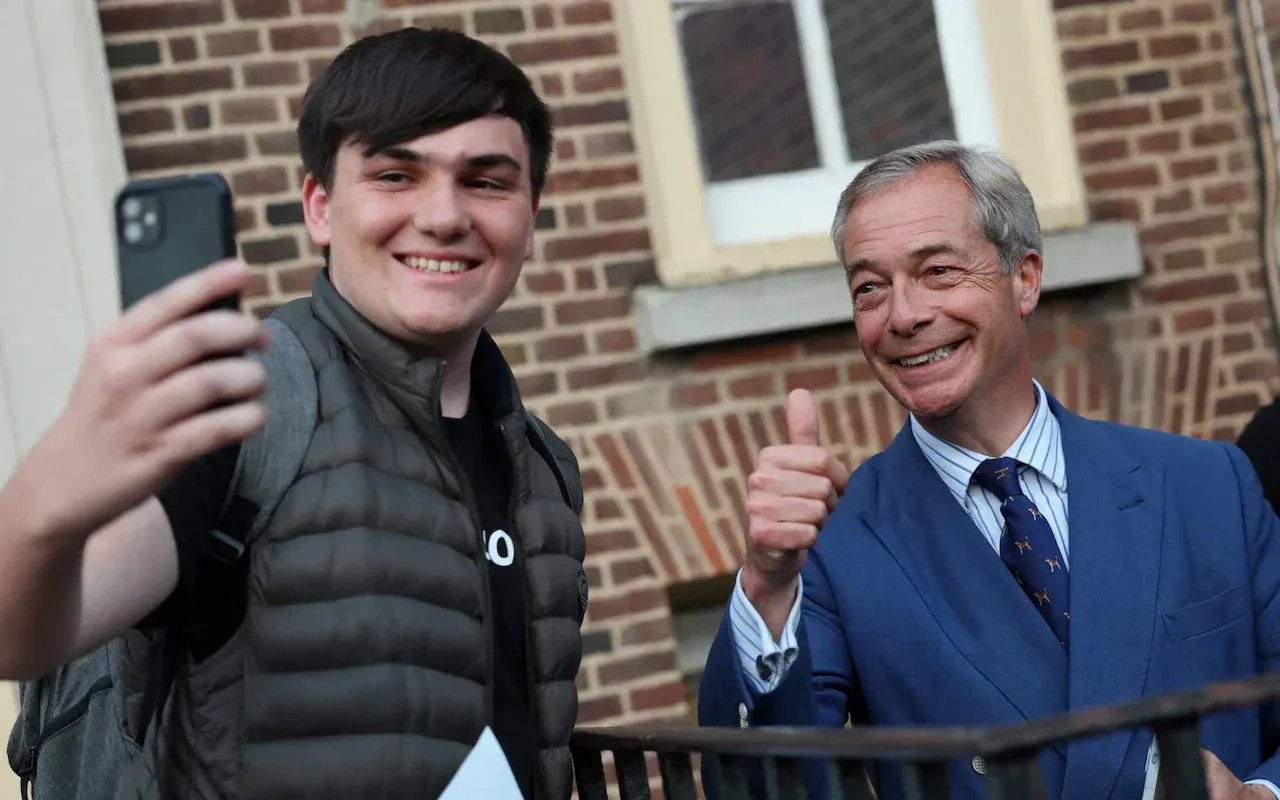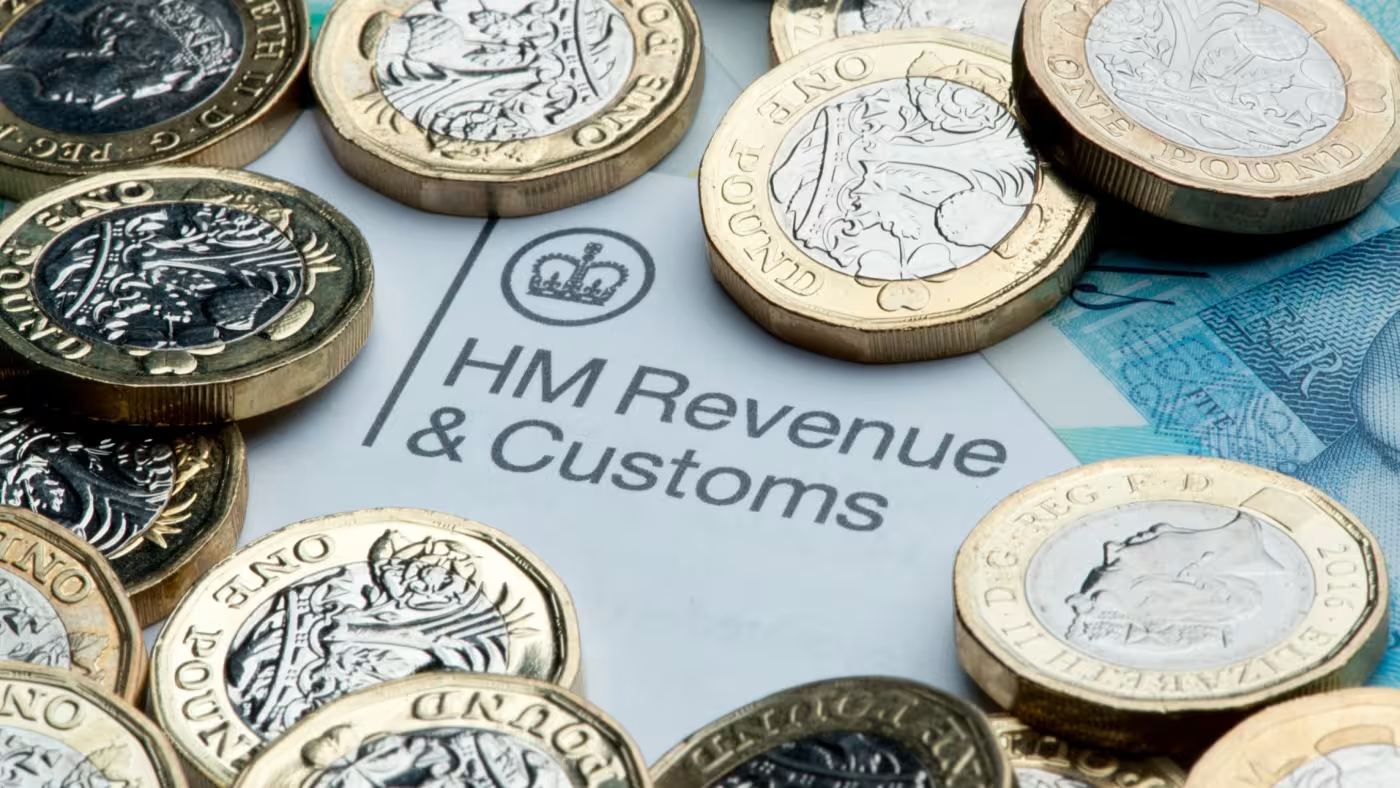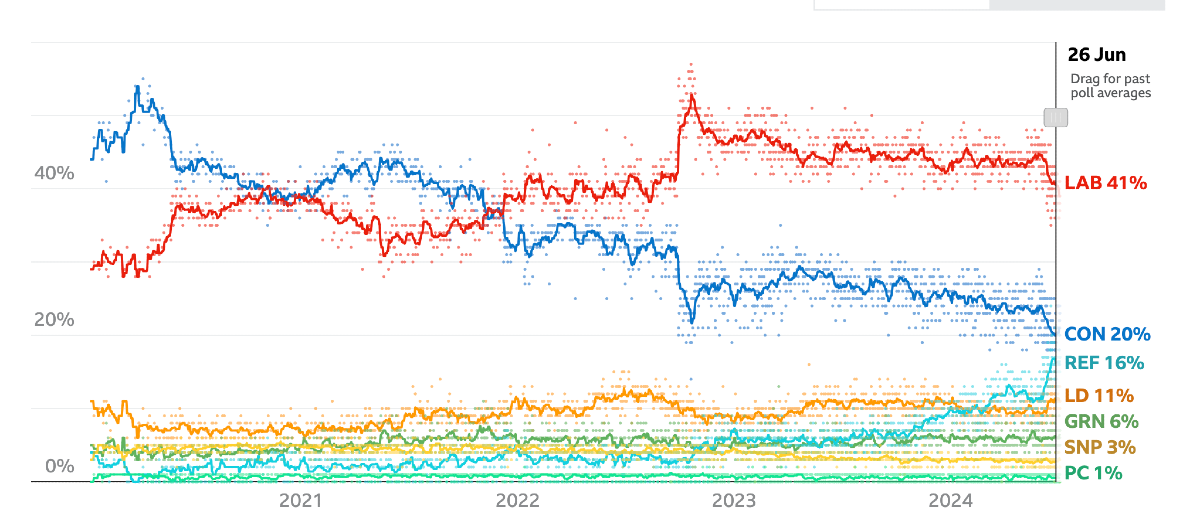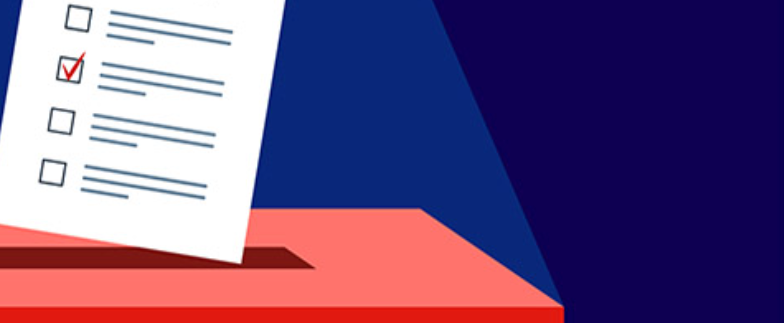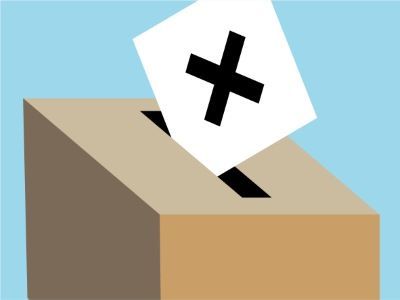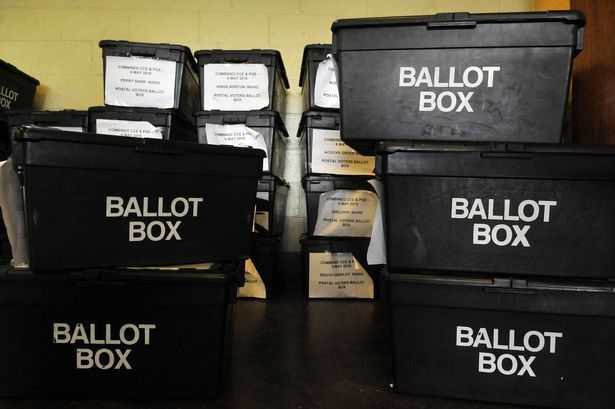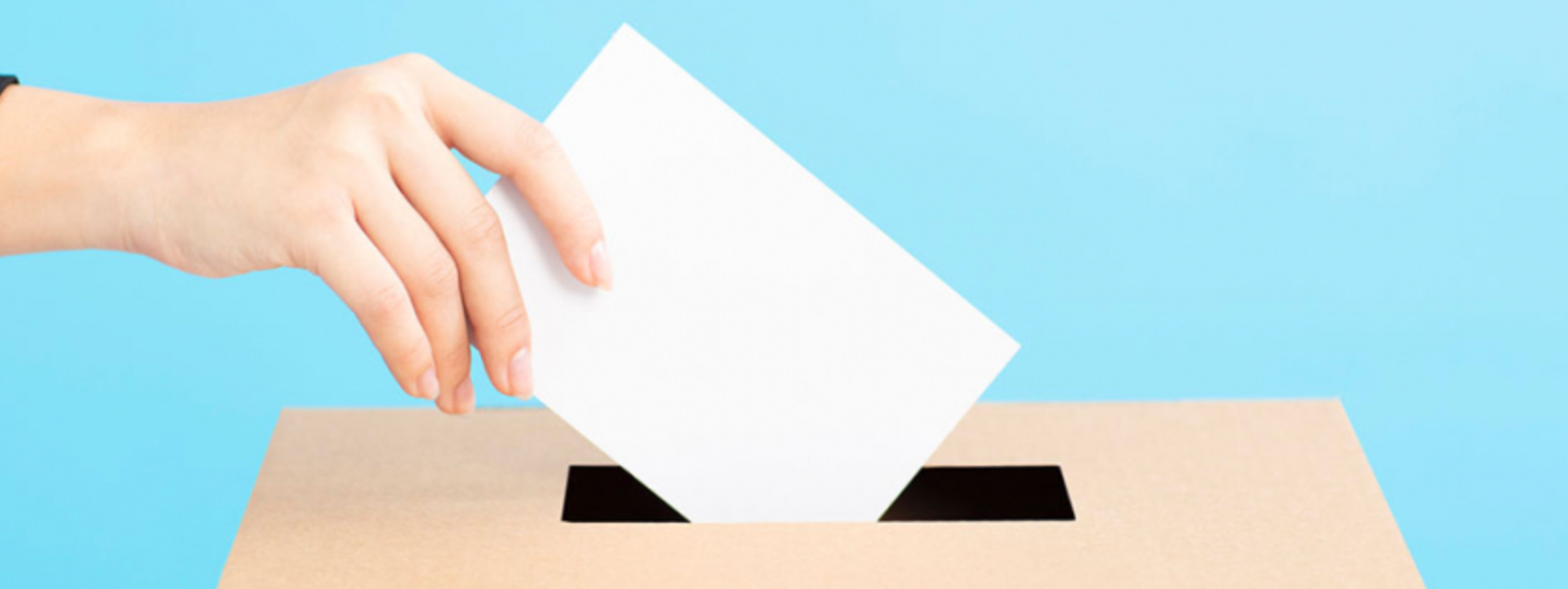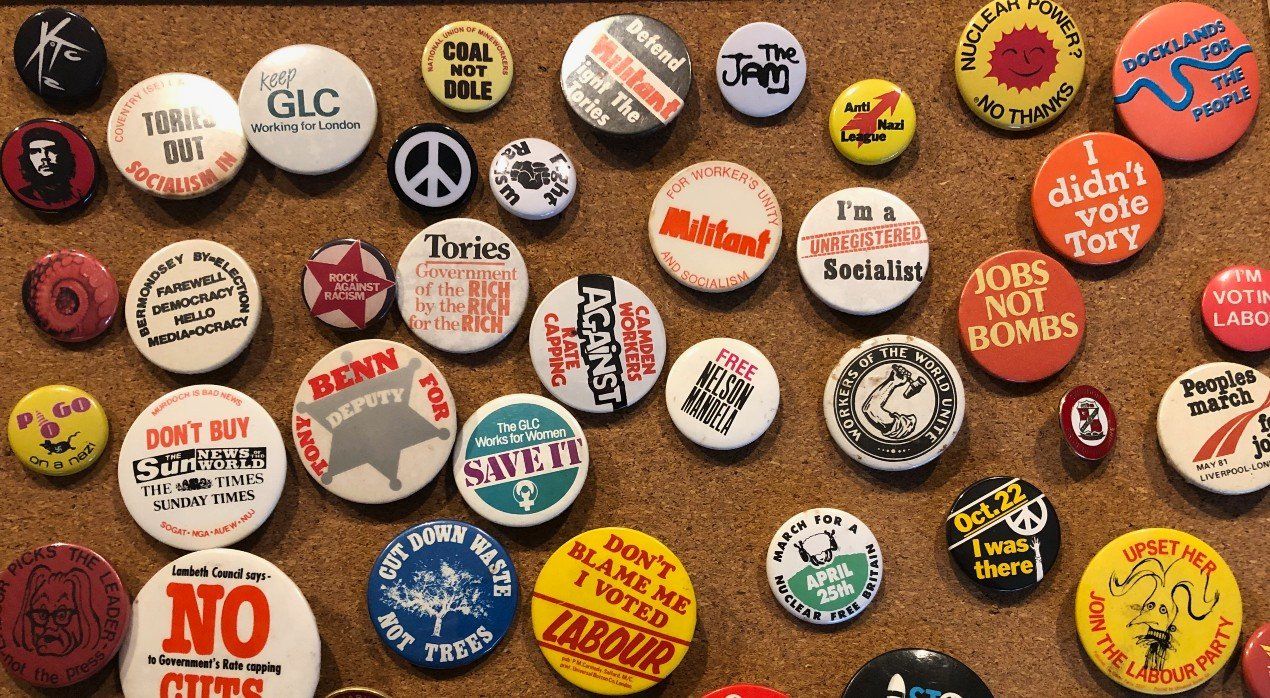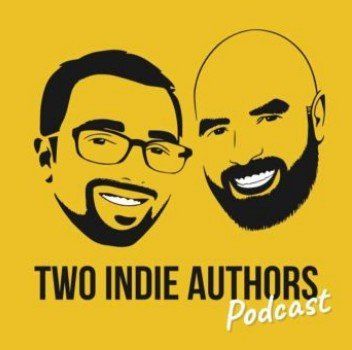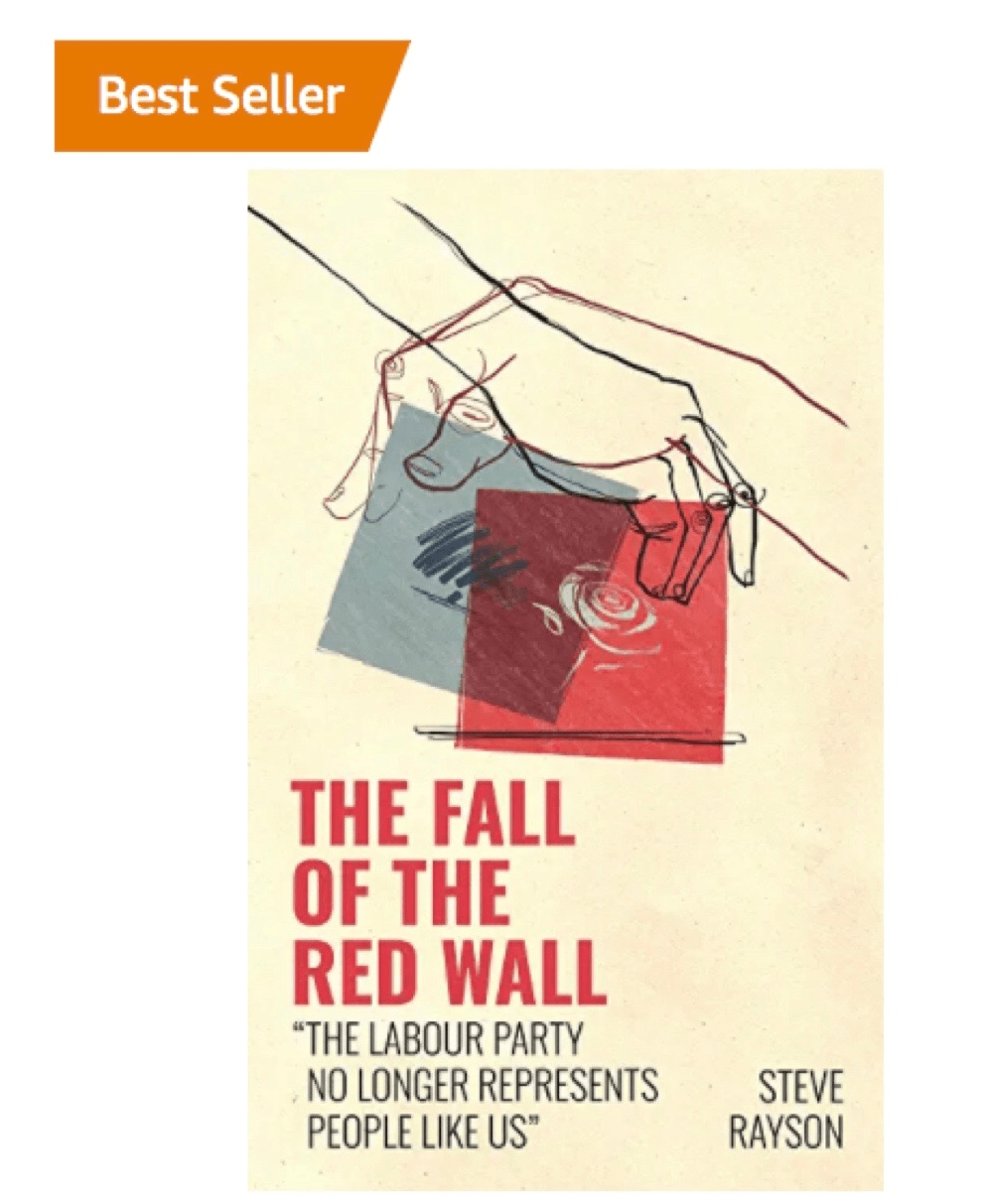Writing a Book Blurb as an Indie Author
The aim of a book blurb is to sell your book, not to describe it or summarise it. You don’t want them thinking TL:DR - too long, didn’t read.
To prepare the blurb for my memoir, Badgeland, I read lots of articles about writing book blurbs, reviewed lots of Amazon book descriptions and even bought a Kindle book on writing blurbs.
The consensus from my research was that a blurb should be kept short, around 200 to 250 words, and have four parts. It should also be easy to read and fun.
The structure of a book blurb
What I took away from my research was that a blurb should have four paragraphs as follows:
Para 1 - The hook. This is where you seek to grab attention and encourage the reader to keep reading.
Para 2 - Where you introduce your character. Stories are about characters. Where you set up the conflict and show what’s at stake. This paragraph should end on a cliffhanger e.g. the challenge they face or have to overcome.
Para 3 - Where you set out what is going to happen as a consequence of the second paragraph. Set out what other complications may prevent the protagonist achieving their goal. Again end with a cliffhanger. Some people argue this should always be presented as a question.
Para 4 - Explain what the book is and why a reader should buy it.
Below is my attempt at a drafting a book blurb following this guidance
Para 1 - Hook
Steve Rayson believed working-class people had everything to gain from socialism. The only problem was they didn't agree with him.
I have introduced the main character in para 1 rather than in para 2. Many hooks are much shorter but I feel this sets up the story.
Para 2 - Introduction, stakes and cliffhanger
In 1979 Margaret Thatcher was threatening to change Britain forever, and not in a good way. Determined to defeat her, Steve joined the Swindon Labour Party, pinned protest badges to his chest and marched against mass unemployment, apartheid and nuclear weapons. His radical generation was going to change the world but he would learn the hard way that the popularity of the Clash and the Jam was not a good predictor of General Election results.
I am conscious I don’t really end on a cliffhanger here but hopefully the humour helps to pull the reader along to paragraph three.
Para 3 - Complication and cliffhanger
Bewildered by Conservative election victories in the 1980s, he had to reassess what he had been taught by his badgeland comrades. What do you do as a young socialist when your dad’s mates in the working men’s club buy their council houses, drive Austin Metros (a British car to beat the world), read The Sun, and vote Tory? He would come to realise that politics isn’t all it seems at seventeen.
I hope this gets across the core complication in the book, namely that the world was more nuanced than the black and white way I saw the world at seventeen. The memoir is fundamentally about coming of age and how my view of the world changed as I grew older.
Para 4 - The explanation, the story, the benefit
Badgeland is an insightful, warm and frequently hilarious memoir about coming of age, politics, class and social mobility in the 1970s and 1980s. It is a deeply personal account of loss and renewal that will resonate with everyone regardless of the party they support.
My draft blurb is reasonably short at 207 words. I am hoping this leaves room for improvement and also for some quotes about the book.
I am conscious that on Amazon only eight lines appear on the book’s page. This is followed by a ‘read more’ button, which reveals the rest of the book blurb. It is the old equivalent of the text that appears above the fold. In my case I estimate this means the blurb will finish with my line about top ten records by the Clash and the Jam not being a good predictor of General Election results.
Final Amazon Book Description
My final book description for Amazon was as follows:
"Steve Rayson believed working-class people had everything to gain from socialism. The only problem was they didn't agree with him.
In 1979 Margaret Thatcher was threatening to change Britain forever, and not in a good way. Determined to defeat her, Steve joined the Swindon Labour Party, pinned protest badges to his chest and marched against mass unemployment, apartheid and nuclear weapons. His radical generation was going to change the world but he would learn the hard way that the popularity of the Clash and the Jam was not a good predictor of General Election results.
Bewildered by Conservative election victories in the 1980s, he had to reassess what he had been taught by his badgeland comrades. What do you do as a young socialist when your dad’s mates in the working men’s club buy their council houses, drive Austin Metros (a British car to beat the world), read The Sun, and vote Tory? He would come to realise that politics isn’t all it seems at seventeen.
Badgeland is an insightful, warm and frequently hilarious memoir about coming of age, politics, class and social mobility in the 1970s and 1980s. It is a deeply personal account of loss and renewal that will resonate with everyone regardless of the party they support."
